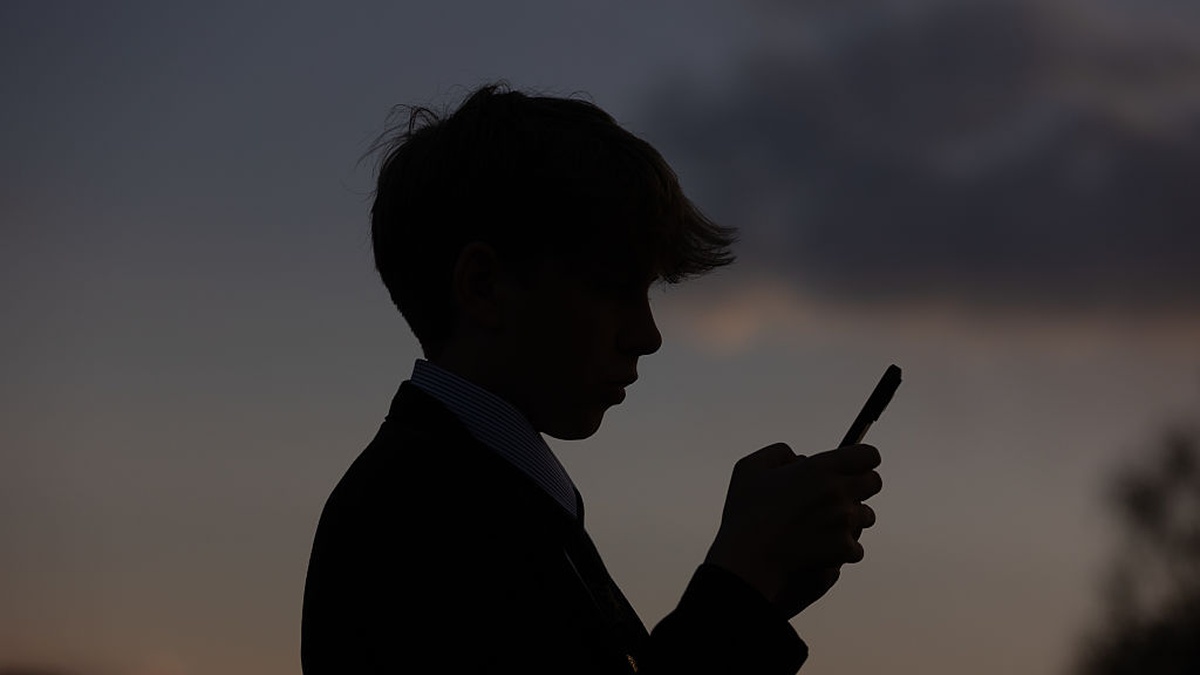The COVID-19 pandemic did a doozy on our collective mental health, and we’re still dealing with the consequences four years on.
No one expected COVID to be such an overwhelming, life-changing occurrence, and we certainly didn’t expect it to stretch on for years. As a result, every fresh disease, virus, and calamity sparks a new, 2020-inspired anxiety in us, and the recent reports of an Mpox, formerly known as monkeypox, outbreak are just the latest culprit.
In August of 2024, cases of Mpox became a global concern after an outbreak spread across the Democratic Republic of Congo and several neighboring African countries. Then, on Aug. 14, the World Health Organization declared Mpox a public health emergency of international concern. That’s the absolute height of alarm in WHO-speak, and the severity of that proclamation sparked instant panic.
It’s bringing back memories of late 2019 and early 2020, when we were all witnessing a strange new virus from afar, before it arrived on our own shores and shut down the world for months on end. Concerns over Mpox experiencing a similar spread are sky-high, as people digest the WHO declaration, but don’t panic just yet — several nations, including the United States, are still largely in the clear.
Has monkeypox spread to the U.S.?

The global health emergency initiated by the WHO is the second of its kind in the last two years, which may help to contextualize concerns. While it is something to be aware of, and increased caution is certainly advisable, this isn’t a once-in-a-lifetime pandemic.
Luckily, Mpox is not the highly-contagious airborne menace that COVID is; it’s largely spread through close, intimate contact, such as kissing, sexual activity, and other instances of shared bodily fluids — you can find out more from the CDC here.
For those of us situated in the United States, concerns are valid, but there’s no need to panic. In an alert put out by the CDC in mid-August, the agency listed the U.S. as “very low risk” from the Mpox outbreak. We are ever vigilant, so preparations for the virus’ eventual spread to the U.S. are underway, but the strain listed as a public health emergency has yet to touch down in the States.
Another strain crops up with scattered frequency on U.S. shores, however, which can cause confusion among those who see all Mpox strains as the same. One or two cases of a less severe strain of Mpox are reported each week in the U.S., but the one being monitored by health organizations is still a distant concern for state-side health officials. The risk of a widespread outbreak in the U.S. is still considered very low, so stay vigilant and adhere to public safety measures, but don’t go loading up on N65s or toilet paper just yet.











Published: Aug 21, 2024 12:42 pm